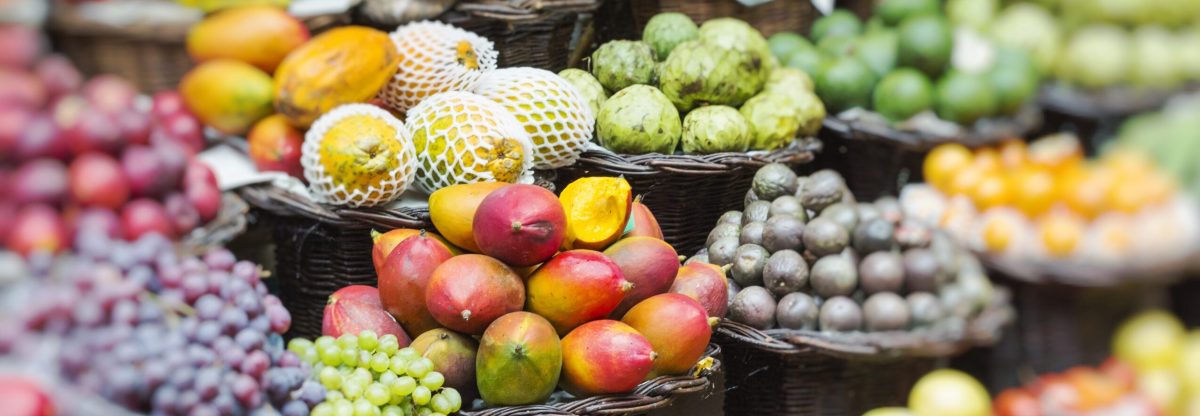New Zealand Herald science writer Jamie Morton has asked what difference would be made to climate change emissions if we all moved to climate-friendly diets. More specifically, should we take red meat out of our diets?
Let’s look at what we know, Mr Morton writes.
His article kicks off:
Climate change presents an existential threat – and a challenge that’s going to require transformative action by governments and polluting industries across the globe. What actions can we, as individuals take?
The article which looks at climate-friendly diets is one of a series of extracts from Mr Morton’s contribution to the upcoming book Climate Aotearoa: What’s happening and what we can do about it, edited by former prime minister Helen Clark.
Mr Morton notes that agriculture covers nearly 40 per cent of global land, making agroecosystems the largest terrestrial ecosystems on the planet.
Food production accounts for up to 30 per cent of global greenhouse gas emissions, and nearly three-quarters of freshwater use.
In this country, land conversion for food production is the single most important driver of biodiversity loss.
Mr Morton writes:
Ditching animal protein is seen by an increasing number of people as the only way to deal with the fact that, by 2050, the world’s population will hit 10 billion, rendering the demand for meat higher than the industry’s ability to supply it.
He references science communicator Associate Professor Siouxsie Wiles, who cites studies which suggest that climate change is going to lower the yields and nutritional value of staple crops like corn and wheat.
At the same time, it will expand the areas where crop pests can survive, and make it more difficult for farmhands to work at certain times of the day due to the heat.
“In other words,” she says, “we simply can’t rely on our current land-hungry, water-thirsty, pollution-heavy and extinction-inducing ways of producing food if we are to feed the ever-growing human population as our environment changes around us.”
Mr Morton also references Otago University researchers who have found that eating less red meat could be key to New Zealand significantly slashing emissions while saving billions of healthcare dollars over coming decades.
Specifically, they showed a population-level shift to diets rich in plant foods such as vegetables, fruits, whole grains and legumes could — depending on the extent of changes made — cut diet-related emissions by between 4 and 42 per cent annually.
More strikingly, if all Kiwis adopted an exclusively plant-based diet tomorrow, and avoided wasting food unnecessarily, we’d achieve what would be equivalent to a 60 per cent drop in emissions from cars.
As a bonus, Kiwis could collectively enjoy up to 1.5 million more “life years” — that’s those equivalent to a year of optimal health — and save our health system between $14 billion and $20b over the lifetime of our current population.
Mr Morton sees signs that a green shift is happening.
By 2016, the proportion of Kiwis who stated that all — or almost all — of the food they ate was vegetarian had grown by nearly a third from four years earlier.
And recent polling by Colmar Brunton indicates that about one in 10 of us is now largely shunning meat, amid a growing shift to sustainable lifestyles.
Industry data similarly indicate a downward trend of red-meat consumption in New Zealand over the past 10 years, with beef, lamb and mutton down 38 per cent, 45 per cent and 72 per cent respectively.
Rates of vegetarianism tend to drop among Kiwis in their 30s and 40s but veganism is increasing.
Mr Morton notes that almost half of New Zealand’s emissions come from agriculture — the bulk of that being methane from ruminant animals such as cows and sheep — and some farming models like intensive dairying do generally emit more greenhouse gases.
But sheep and beef emissions have fallen by a third since 1990, in step with falling stock numbers.
And with some 2.8 million hectares of forest on sheep and beef land, the industry holds the largest collection of native bush outside the conservation estate, bringing some carbon-offsetting benefits.
- Mr Morton acknowledges that his text has been extracted from Climate Aotearoa: What’s happening and what we can do about it, a new book from a range of leading New Zealand climate scientists and commentators, edited by Helen Clark. Published by Allen & Unwin NZ. RRP$36.99. Available in stores from Monday, April 19
Source: New Zealand Herald












